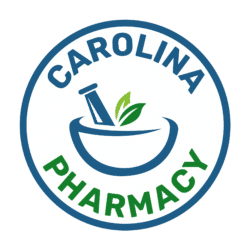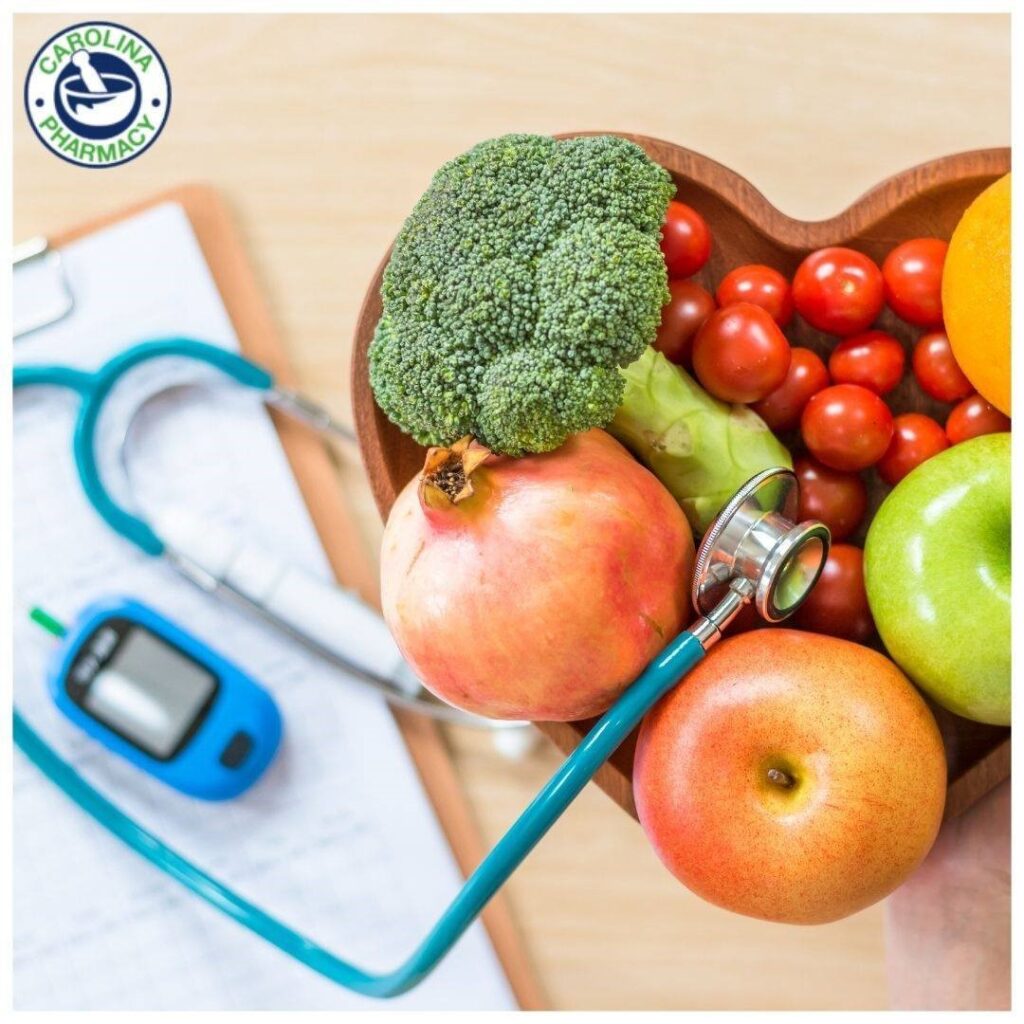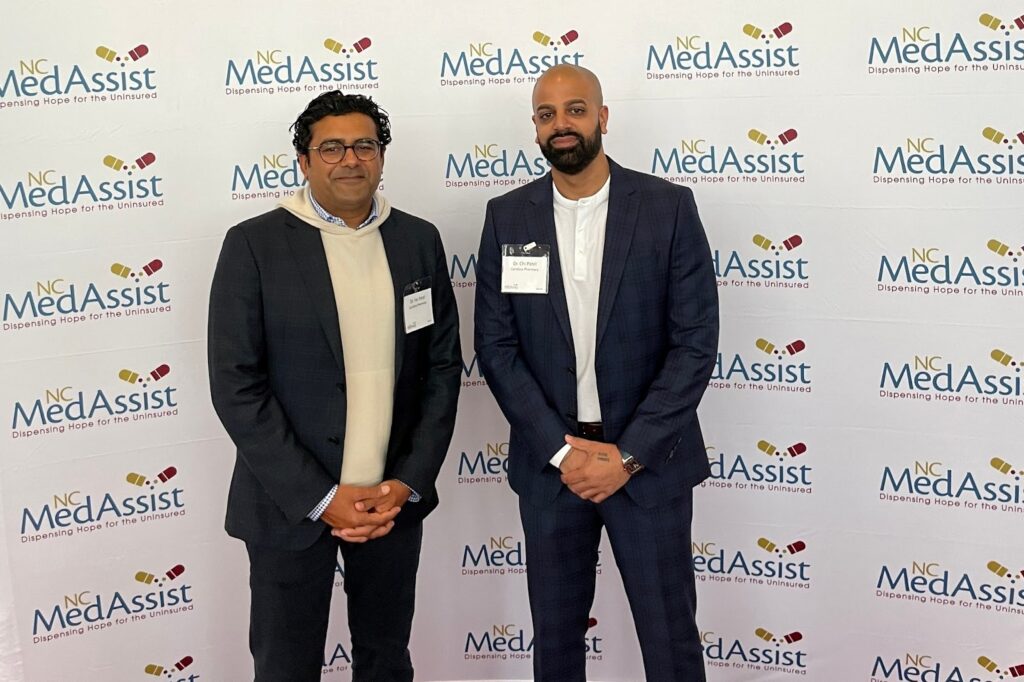Stress affects us all in many ways – the demands of each day, such as work, family, personal issues, and more. Stress is everywhere. It is meant to be a beneficial psychological response for you. However, when not managed properly, it results in negative outcomes that can wear you down both physically and mentally.
In this guide, we will explain the health consequences of chronic stress and how you can relax and relieve yourself of stress so you can live a productive and healthy lifestyle.
What Is Stress?
Stress is a normal psychological response to demanding situations. This response to situations may either be real or just perceived. This response is part of the body’s control system, often called the ‘fight or flight response,’ which is built into our system to defend us against injury.
Physiologically, the stress response is triggered by certain hormone signals, such as adrenaline and cortisol, which result in body responses such as an increase in heart rate, a rise in blood pressure, and blood glucose levels. Hence, when you encounter a real or perceived threat, these hormones are triggered to cause these physiological responses.
However, these responses to stress can go wild. In other words, there are instances where the perceived threat has passed, and yet the response to stress continues. This disrupts your body’s natural processes leading to constant feelings of being under attack and ultimately negative health consequences.
Symptoms of Stress
The stress response comes with several feelings, such as anxiety, fear, anger, and aggression. You may feel irritated, frustrated, and depressed even when the stressors aren’t there just because your stress response doesn’t stop firing. These symptoms are not without certain body reactions. Common symptoms of stress include headaches, indigestion, nausea, pains, heart palpitations, digestion problems, and more.
That’s not all, these symptoms can influence your behavior in many ways. For instance, you may feel withdrawn from people, which can often cause you to snap at them. You may also feel depressed. This can affect your cognition and decision-making, so you may be inflexible or even indecisive
Health Consequences of Long-Term Stress
Prolonged activation of the stress response can disrupt the normal body processes, putting you at risk of many health problems. For instance, prolonged stress can lead to respiratory and cardiovascular problems.
During a typical stress response, you will find yourself breathing faster than the normal rate. If you have respiratory disorders such as asthma, then stress can make it even harder to breathe. Similarly, chronic stress raises your heart rate and pressure and increases your chances of getting hypertension, stroke, or even a heart attack.
Stress also affects the digestive system. The stress response makes your liver produce extra glucose to boost your energy levels. However, your body may not be able to keep up with processing the glucose rush under chronic stress, which can lead to a risk of the development of type 2 diabetes.
Furthermore, the effects of chronic stress affect the muscular system. Your muscles begin to get tense and tighter, making them difficult to relax. This can lead to persistent muscle pain, headaches, and more.
How to Relax and Relieve Yourself of Stress
Dealing with stress begins by first understanding the nature of stress and the stressors. These stressors may be physical events or emotional reactions to pressures you’re faced with. These stressors usually manifest as mild physical warnings of headache, fatigue, and tense muscles. Don’t ignore these early warning signs of stress.
Now begin to look for practical solutions to deal with the stressor by thinking about where you can make changes. For instance, you may start by prioritizing the most important things in your life and slowly getting rid of the things that are stressing you out.
You may also try to delegate some of your daily activities so you can have more time to relax and build supportive relationships with friends and family.
Additional tips to relieve stress include:
- Adopting simple lifestyle changes
- Getting a massage
- Going for a walk
- Trying alternative therapies such as yoga or aromatherapy
- Finding a hobby
Get Help for Stress in Charlotte, Rock Hill, & Lancaster
Although it may be challenging, relieving yourself of stress is one of the easiest ways to live a healthy lifestyle. Do you feel stressed? Are you experiencing headaches, tiredness, and mood swings that you can’t explain? Then feel free to contact us for stress management in Charlotte, Rock Hill, and Lancaster.








